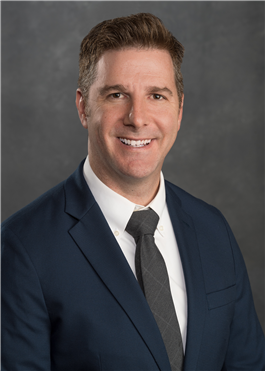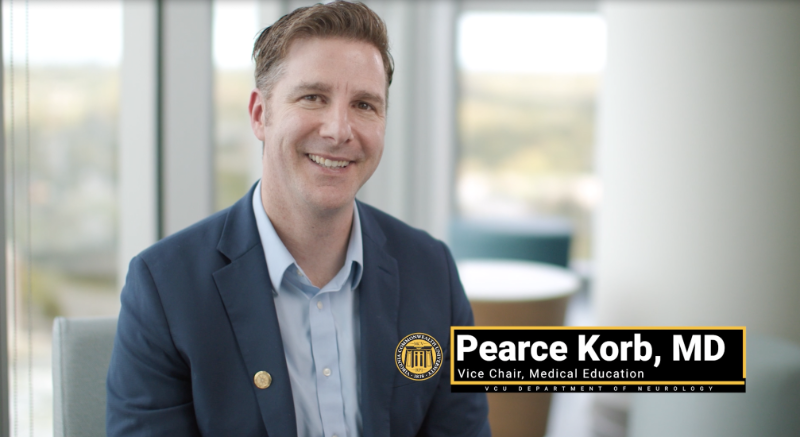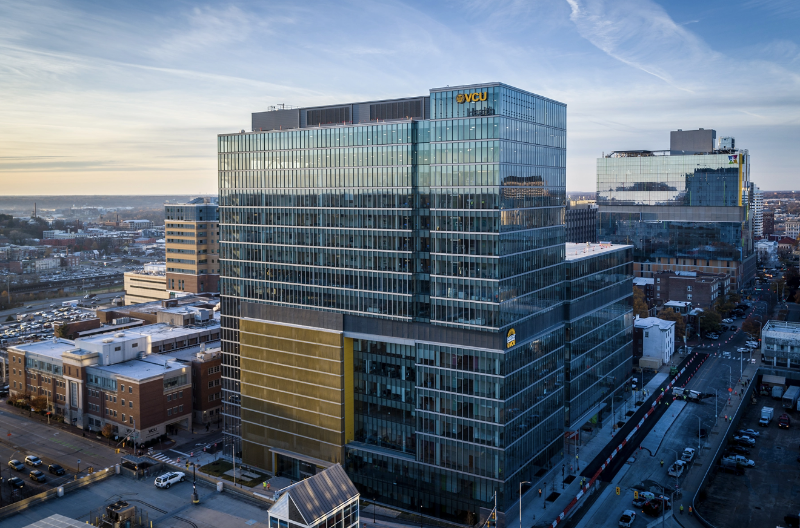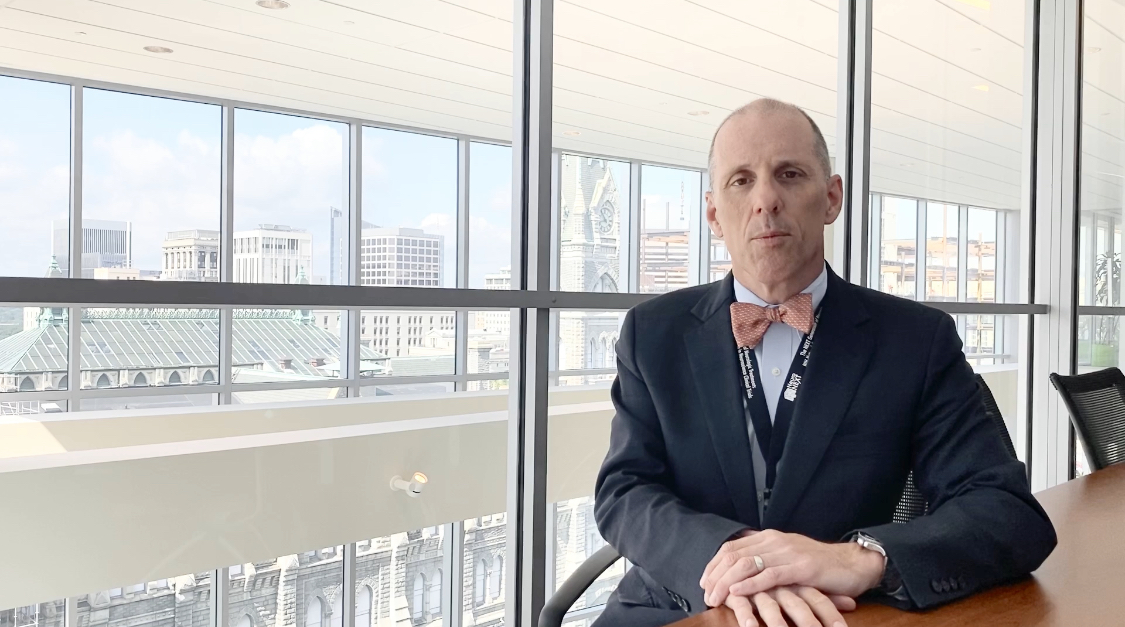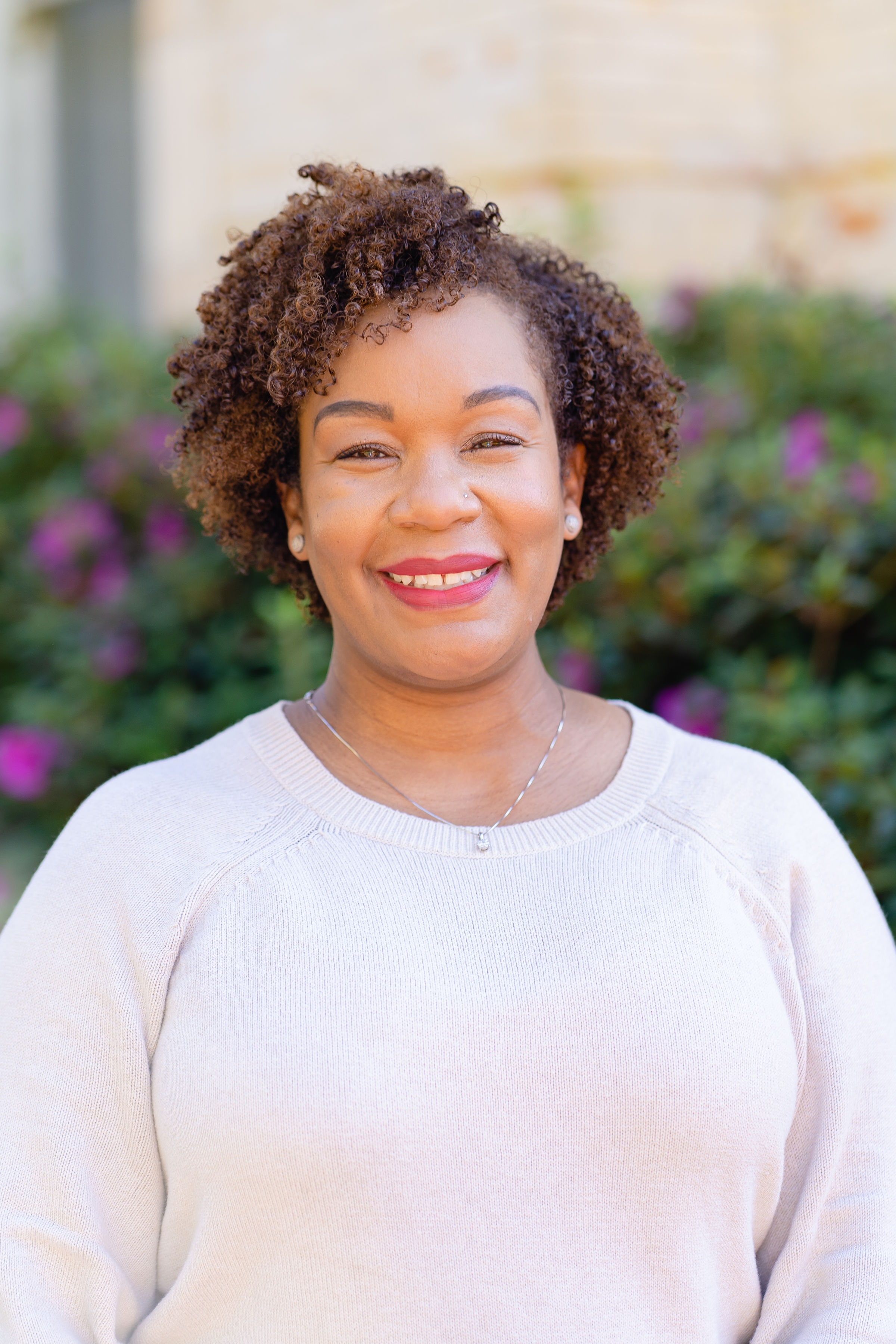About the Program
Learn about the unique aspects of our program...
Welcome to the Department of Neurology at VCU School of Medicine’s residency program!
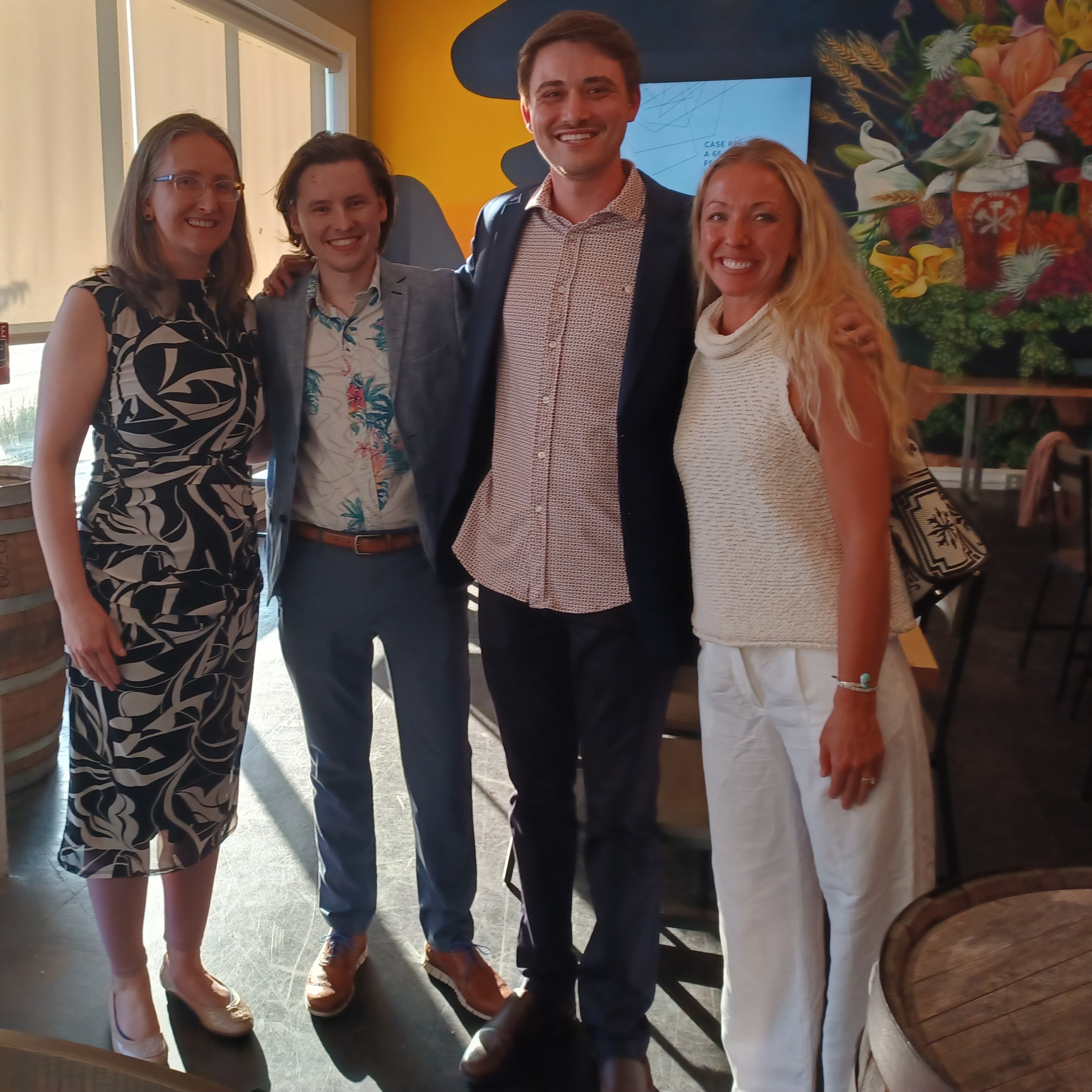 We are delighted that you’re pursuing a career in neurology, a fascinating and dynamic field currently undergoing an incredible period of growth and discovery.
We are delighted that you’re pursuing a career in neurology, a fascinating and dynamic field currently undergoing an incredible period of growth and discovery.
Our residency program provides world-class clinical training in a supportive and collegial environment while ensuring our graduates obtain the skills they need to become leaders and pioneers in the field of neurology.
You can expect a comprehensive education in the diagnosis and management of common and rare neurological diseases in a diverse patient population. Skilled clinicians, researchers and educators who are deeply invested in your educational development and success will provide guidance and mentorship throughout your time at VCU.
Our program is designed with flexibility, and we encourage you to pursue educational opportunities and personal growth outside of your core clinical training. This gives you the chance to explore interests you may have in areas such as subspecialty care, research, education and international medicine.
Just as this is an exciting time to be a neurologist, it’s an especially exciting time to be at VCU. Our department is experiencing a period of growth and development, allowing even more opportunities for our residents as they pursue careers in neurology. We're actively expanding our already robust complement of subspecialists and the residency program has grown to include eight residents. We're excited for you to contribute your own passions, interests and talents to the growing department and leave your mark on the residency program.
Leadership
Faculty Leadership...
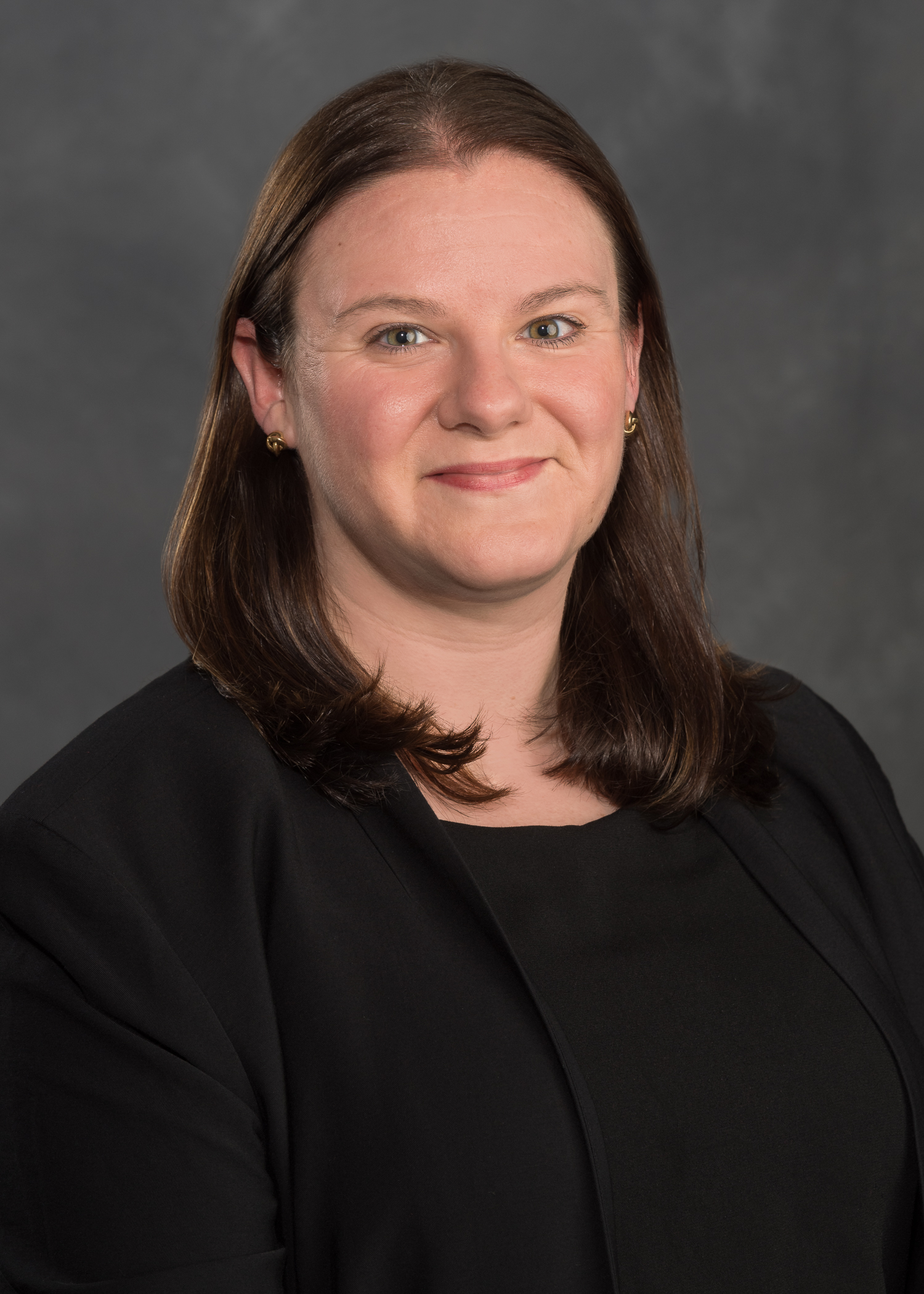
Stephanie Bissonnette, D.O., MPH
Assistant Professor

Stephanie Bissonnette, D.O., MPH
Assistant Professor
Department of Neurology
Movement Disorders
Phone: (804) 828-7929
Learn more about VCU's Department of Neurology Residency Program
Message from the Chiefs
Welcome to VCU Neurology Residency Program...
As a prospective resident, we have a few highlights of our program that we hope you consider. First and foremost, you would be joining an incredible group of residents, attendings, and advanced practice providers whose primary goals are fostering the education of all our learners, as well as providing top of the line patient care. We are a close-knit group of providers who enjoy our time spent together both in and out of the hospital. On top of this, VCU is one of the largest tertiary care academic centers in the region, bringing with it exposure to a high volume of patients, both with common and rare pathology. We also feature a robust neurology department. We have physicians in nearly every subspecialty of neurology, allowing you the opportunity to have a thorough and comprehensive education. You will have every opportunity to assess your future career during your training, whether that be inpatient or outpatient, general neurology or a neurology subspecialty, or anywhere in between.
We believe our program offers the perfect combination of fantastic colleagues and exciting pathology that will provide an invaluable place to train and jump start your career. We are grateful for your consideration of our neurology residency program and look forward to meeting you! Please feel free to contact us with any questions, such as more details regarding the residency program and/or the wonderful city of Richmond.
Sincerely,
Jillian, Saba, and Cole
Contact
Neurology Residency Program
